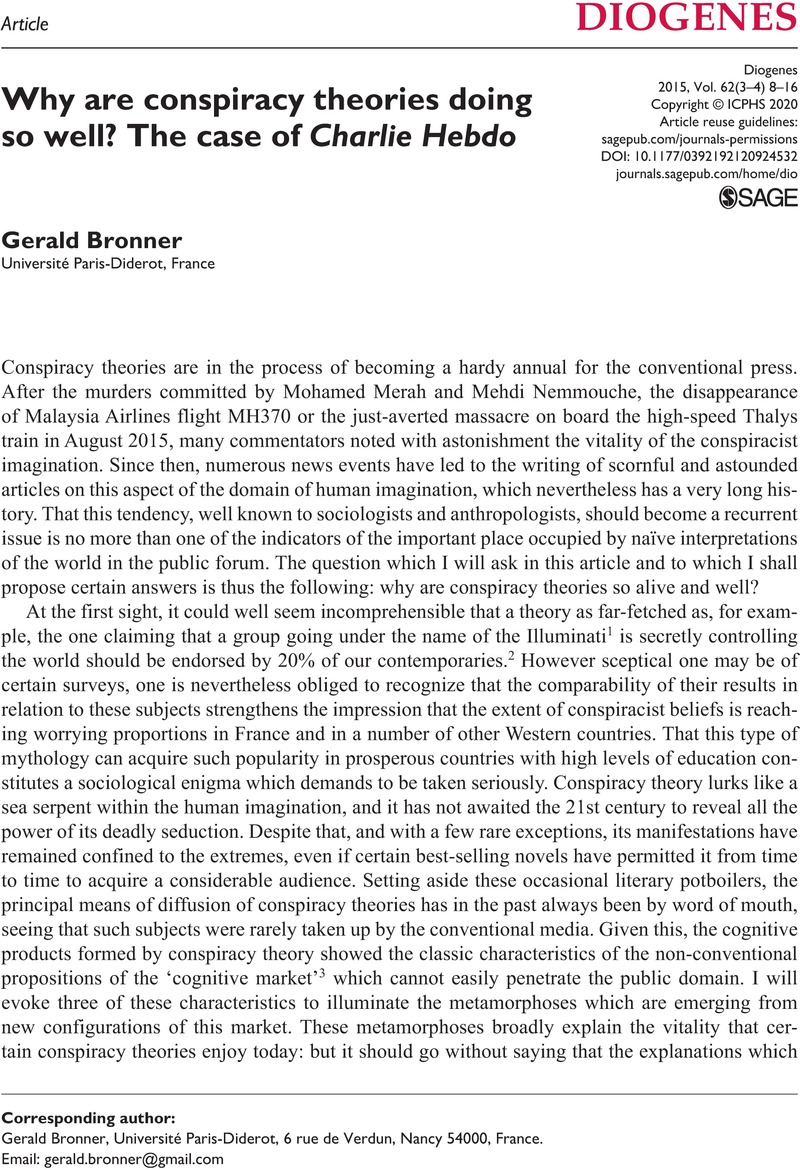Crossref Citations
This article has been cited by the following publications. This list is generated based on data provided by Crossref.
Lantian, Anthony
Bagneux, Virginie
Delouvée, Sylvain
and
Gauvrit, Nicolas
2021.
Maybe a free thinker but not a critical one: High conspiracy belief is associated with low critical thinking ability.
Applied Cognitive Psychology,
Vol. 35,
Issue. 3,
p.
674.
Malešević, Siniša
Uzelac, Gordana
Carol, Sarah
and
David, Lea
2024.
Plotting against our nation: COVID-19, nationalisms, and conspiracy theories in five European countries.
National Identities,
Vol. 26,
Issue. 2,
p.
141.





